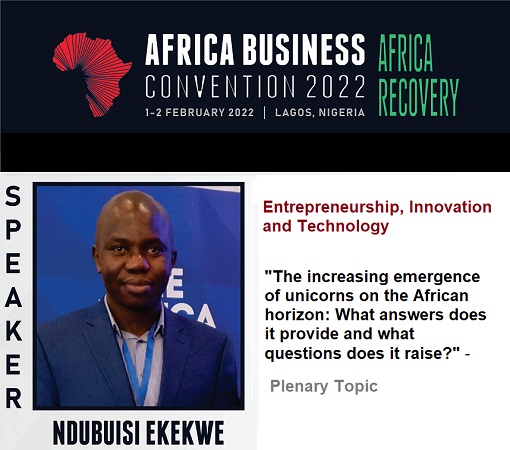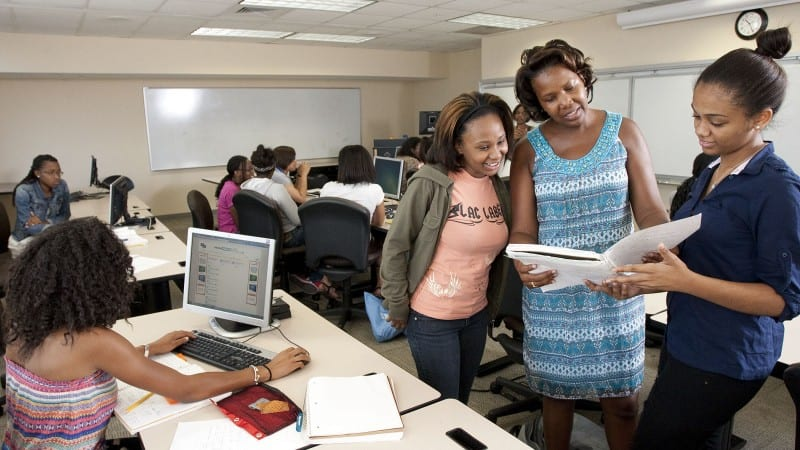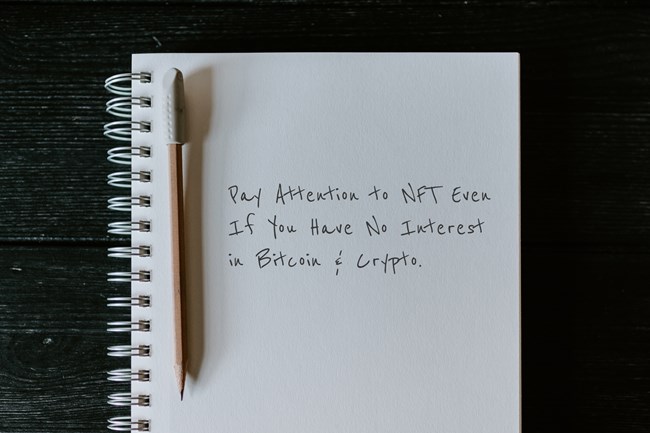Today, January 27 is International Day in memory of Holocaust victims. Owing to the damaging effect of holocaust, on 1st November 2005, the United Nations (UN) General Assembly unanimously adopted January 27 of every year as International Day of Commemoration in Memory of the Victims of the Holocaust.
The UN Outreach Programme seeks to remind the world of the lessons to be learnt from the Holocaust in order to help prevent future acts of genocide or any form of massacre.
The first commemoration of the Day took place in 2006 at the UN Headquarters situated in New York, U.S.A alongside all the UN offices across the globe. The ceremony drew over two thousand, two hundred (2,200) people and was viewed by countless others globally via webcast and live television broadcast.
During the commemoration, the then UN Secretary General, Mr. Kofi Annan unequivocally stated that, holocaust would forever warn all people across the global community of the dangers of hatred, bigotry, racism, and prejudice.
The term ‘Holocaust’ came from the Greek word Holokauston, referring to an animal sacrifice offered to a god in which the whole animal is completely burnt. Literary, holocaust which was formed from two distinct Greek words ‘Holos’ and ‘Kaustos’ meaning whole and burnt, respectively, can be defined as a situation involving a very great destruction as well as loss of lives and property.
Destruction of lives and property, which could result from either natural or manmade circumstance such as war, inferno, earthquake, auto-crash, plane crash, genocide, or insurgency, is obviously a phenomenon that is as old as the world. It has indeed rendered several homes and communities incapacitated.
Considering the possible origins of holocaust, which include ethnicity, fanaticism, carelessness, envy, greed, bickering, enmity, hatred, tyranny, mutiny, and treason, there is no part of the world that is yet to experience tragedy. It suffices to say that, the ugly incidence has brought mankind in its entirety to a state of unending torture and unthinkable anguish.
War, which is usually a manmade crisis, subjects humanity to an untold hardship and subsequently creates parallel lines among the groups that constitute the affected community or nation, as the case may be. In consequence to the emergence of war in any society, distrust invariably becomes the order of the day amidst the citizenry, which often results in eternal enmity or lack of unity.
There is no gain reiterating the fact that disasters such as earthquake or plane crash that could be natural or manmade, have ended up making the mindset of every concerned individual to be preoccupied with a psychological cankerworm known as ‘fear of the unknown’.
Inferno or fire outbreak for instance, which mainly takes place as a result of man’s carelessness or lackadaisical attitude, has succeeded in rendering many families homeless and stranded, thereby making them constitute severe menace to the society they belong.
Taking Nigeria that is currently salvaged by insurgency as a case study, you will agree that every right thinking individual in the country has been sleeping with one-eye open since the emergence of the terror, even though the incidence is mainly witnessed in the Northern part of the country, because nobody knows whose turn it would be the next day.
The economic mayhem caused by holocaust cannot be overemphasized. For instance, after the Biafran civil war in 1970 under the reign of General Yakubu Gowon, Nigeria that used to be one of the major exporters of petroleum products prior to the said era, abruptly became dependent on other countries for the aforementioned resources including oil, gas and fuel, thereby ushering the socio-economic status of the nation to a state of mockery till date.
As the world marks the 2022 edition of the annual International Day for the Victims of the Holocaust, there is need for everyone to acknowledge that the occurrence of holocaust can be avoidable, regardless of the locality involved.
We can actualize this by ensuring we maintain unalloyed peace, and endeavour to stay out of trouble at all times no matter the provocation or circumstance. Among all, we are required to always stick to the extant rules and laws in our respective jurisdictions by being patriotic at all cost.
There is equally need for the bereaved/affected families to be duly compensated henceforth, in order to erase any form of agony from their minds. The civil society and religious bodies, on their parts, are expected to bring succor to the victims or their relatives by conducting seminars, crusades, and disseminating radio cum television jingles, and what have you, as well as soliciting for appropriate compensation on behalf of the victims.
Above all, there’s a compelling need for everyone to live with the consciousness of holocaust with the aim of avoiding any irrational thought or attitude that could lead to the emergence of the forsaken incident.
The truth is, any form of holocaust can be avoided if we jettison selfish interests in all our doings; and it’s imperative to realize that prevention remains far better than cure.
Like this:
Like Loading...







